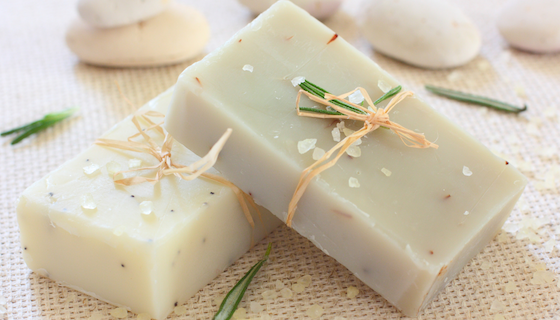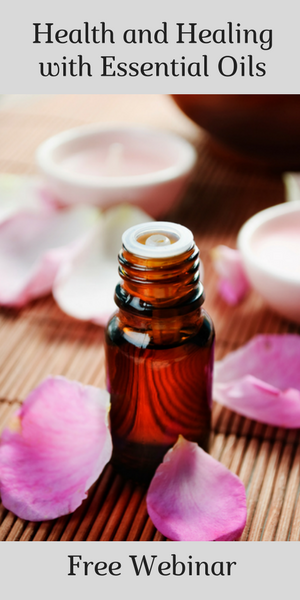Why Peppermint Oil is Essential
Puns aside, I am a sucker for versatile, yet fabulous smelling oils. That’s why I love peppermint.
There are many reasons why I think everyone should have peppermint essential oil in their medicine cabinet, but the main one is because of its significant antimicrobial and antiviral activities, strong antioxidant and anti-tumor actions, and some antiallergenic potential (source).
Here are some ways peppermint oil is beneficial to your health:
Relieves headaches and migraines
When a headache strikes, my first course of action is to drink a glass of water and grab my peppermint oil headache blend (see below). Simply apply to your temples, forehead and back of your neck.
Peppermint oil has the ability to relax muscles and improve circulation, which can quickly alleviate any pain you’re feeling.
To use: Blend 2 drops of lavender, 2 drops of peppermint and 1 tablespoon of fractionated coconut oil in a roller bottle.
Alleviates muscle and joint pain
The same way peppermint oil helps in relaxing muscles in your head, it can also help with other muscle pain. Peppermint also has cooling, invigorating and antispasmodic properties, so it’s useful in all types of pain management.
One clinical trial found that peppermint oil was just as effective as acetaminophen for pain (source).
To use: Blend 5 drops peppermint, 5 drops clary sage, 5 drops lavender, and 2 tablespoons of coconut oil. Massage on affected areas.
Reduces sinus pressure
Peppermint oil acts as an expectorant, which can clear your airways of mucus and reduce congestion. If you add peppermint oil to a warm cup of tea or if you use it in a diffuser, the menthol will help you breathe a little easier.
Don’t forget that because of its antiviral properties, peppermint oil is great for fighting colds and allergies.
To use: Prepare a bowl of steaming hot water, add 3 drops lavender, 2 drops peppermint, 1 drop tea tree, cover your head with a towel and inhale for a few minutes. Repeat as necessary.
Aids in digestion
Nine studies that evaluated 726 patients with irritable bowel syndrome (IBS) found that peppermint oil provided significant symptom relief (source). Peppermint oil can relax the muscles in your intestines, which reduces bloat.
In a controlled study, 57 patients with IBS were treated with two peppermint oil capsules twice a day for four weeks or placebo. Most of the patients who took the peppermint oil capsule experienced improved symptoms, including reduced abdominal bleeding, abdominal pain or discomfort, diarrhea, and constipation (source).
To use: Add 3 drops lavender, 3 drops lemon, 2 drops peppermint to a diffuser with water.
Increases energy
Put down that cup of coffee or energy drink. One study found that diffusing peppermint oil reduced daytime sleepiness (source). Also, when inhaled, peppermint oil can help improve your memory and alertness.
To use: Diffuse 6 drops peppermint and 2 drops geranium. You can also add 1-2 drops to a glass of water.
Relieves menstrual cramps
In the same way that peppermint oil relieves headaches and muscle pains, it can also relieve menstrual cramps. One study of 127 women with painful periods found that peppermint extract capsules were as effective as an anti-inflammatory drug (source).
To use: Soak a compress in a bowl of hot water and 6 drops of peppermint, 4 drops lavender, 4 drops chamomile, 2 drops marjoram, wring out, and apply to abdomen.
Freshens breath
You know how most breath mints, toothpastes and mouthwashes are a peppermint flavor? That’s because of its pleasant smell and antibacterial properties. Peppermint oil can help kill germs and improve your breath.
To use: Try this homemade mouthwash recipe by Dr. Axe.
And if you’d like to enjoy some peppermint essential oil in the shower, check out this shower diffuser. Use the code ‘FORST’ for 10% off your order.
Disclosure: this post contains affiliate links.
 Login
Login









